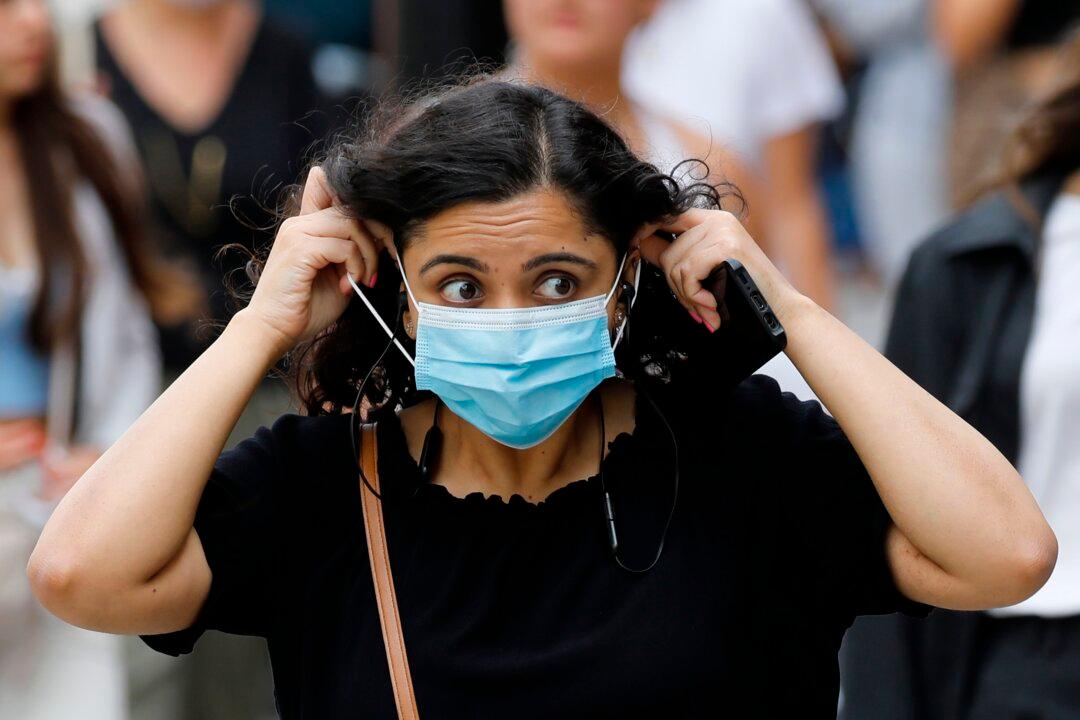A nasal spray that slows CCP (Chinese Communist Party) virus infection has been developed by researchers at the University of Birmingham who say it could be approved and mass-produced within weeks.
In a study published on Thursday which has yet to be peer-reviewed, they claim to have developed the spray from compounds already widely approved by regulatory bodies and used in medical devices, medicines, and even food products.





